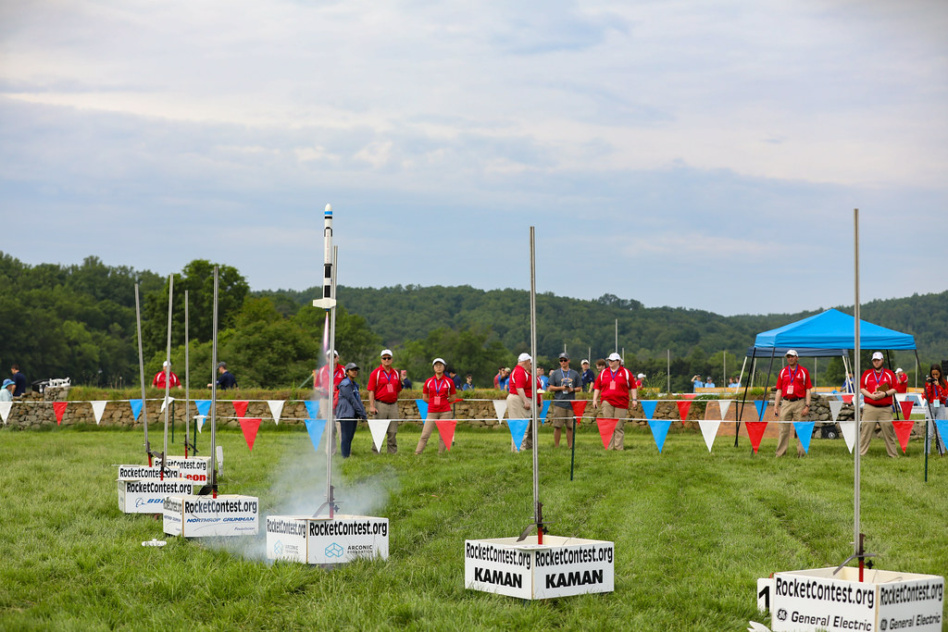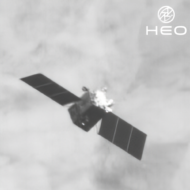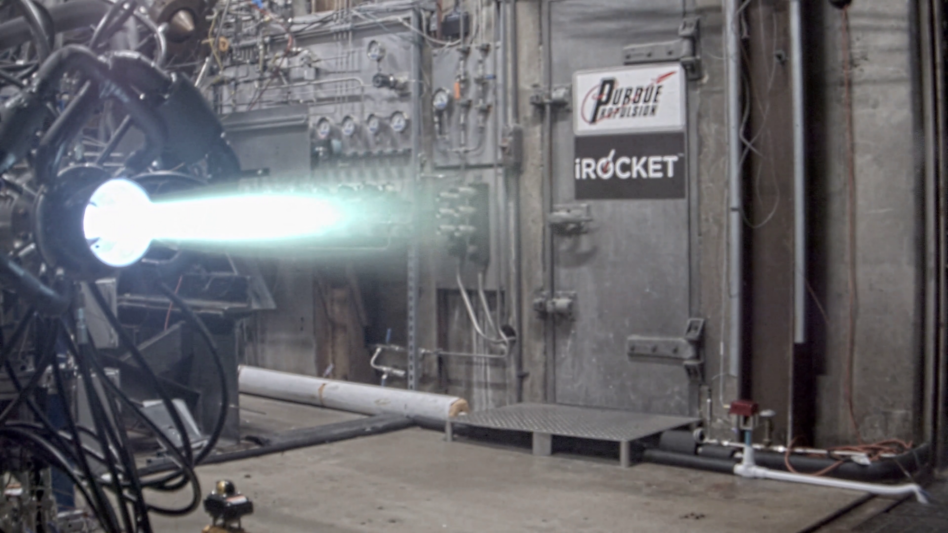Every year in May, students from around the country gather in a field in the exurbs of the nation’s capital to launch rockets from a field. This year, for the first time, they did so with the support of the Space Force.
The competition: More than 100,000 middle and high school students have participated in the American Rocketry Challenge, an annual competition hosted by AIA. This year’s engineering challenge? Build a model rocket that could carry two eggs to ~800 feet and return them safely to Earth.
Last month, Boy Scouts Troop 74 from New Jersey took the top spot at this year’s national finals in The Plains, VA. The “Rocketeers”, as they called themselves, beat more than 1,000 teams for the $20,000 prize. The troop has the opportunity to represent the US on the world stage at the International Rocketry Challenge, which will be held at the Paris Air Show this month.
Team members: The event typically has a number of partners from around the space community, including NASA, Embry-Riddle Aeronautical University, the Aerospace Corporation, Northrop Grumman, and Raytheon.
This year, the Space Force joined forces with AIA for the competition, saying that the students represent some of the values the service is looking for in future Guardians.
“It represents exactly the kind of talent and passion we want to foster,” Maj. Bryan Davis, the Space Force’s chief of marketing, told Payload in an email. “These students aren’t just launching rockets—they’re solving engineering problems, working as teams, and building the mindset needed to operate in contested, high-stakes environments.”
Broader reach: Davis acknowledged that many of the participants won’t join the Space Force’s ranks. However, encouraging students to enter the space community even outside of the Space Force could ultimately help improve US national security in orbit.
“Not every participant will join the military, but many will go into aerospace engineering, satellite technology, cyber, intelligence, or AI—all fields critical to our national-security interests in space,” Davis said. “By supporting ARC, we’re investing in a pipeline of future innovators, leaders, and partners who will help secure and advance our mission in the space domain, whether they wear a uniform or not.”





